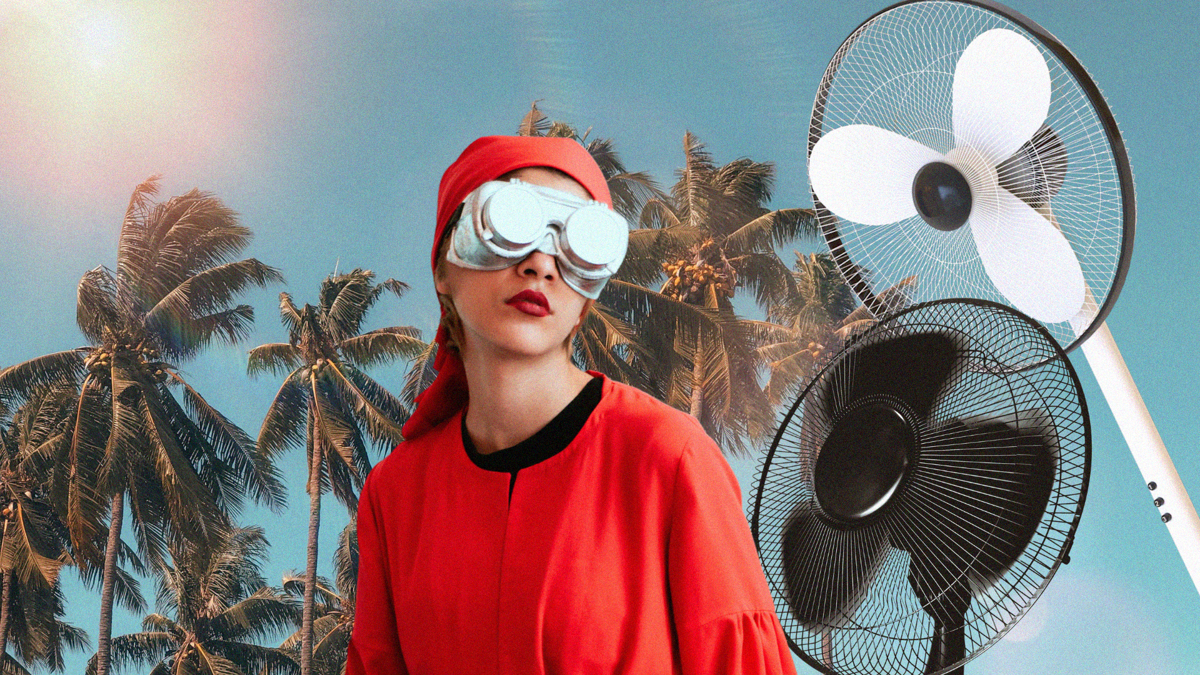Now that the final report has been published, here's a disability-focused summary of what's happened throughout the investigation and what might happen next.


Image description
A person in block out goggles wears a red bandana and top. In the background are palm trees and big fans.

Now that the final report has been published, here's a disability-focused summary of what's happened throughout the investigation and what might happen next.

A collection of voices from leaders within our communities on how they're feeling about the report and their hopes for the future.

While Whaikaha's funding changes have caused widespread concern, it's finally brought some important issues into the public discourse.